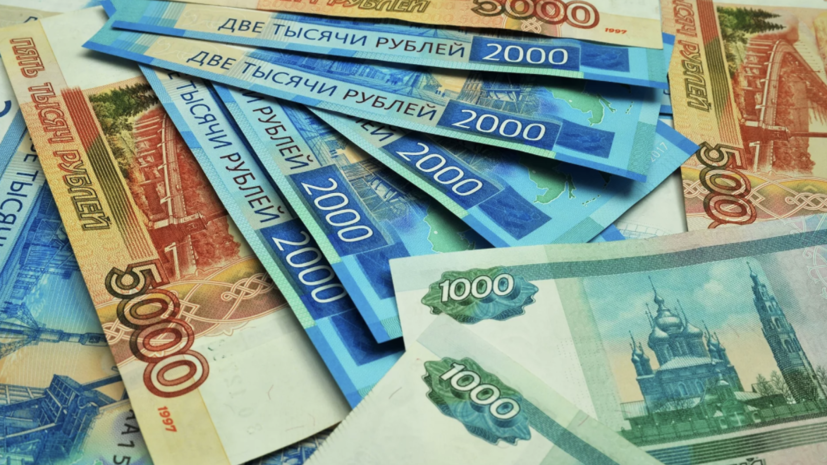According to the specialist, the fraudsters use the victim's phone number and his passport data from the "leaked" personal data base.
As specified, at first the attackers try several times to register the number on 30-40 different resources, as a result of which the owner receives hundreds of messages with verification codes.
Then they contact the victim in instant messengers and persuade her to send screenshots of the screen with incoming messages, supposedly in order to understand the situation, and with the help of the received data, they successfully issue a microcredit.
“This scheme works better than others, because the attacker does not ask to show him the codes from SMS, he asks to send a screenshot of the screen with SMS, so the stopper in the head“ you cannot send codes from SMS ”does not work well,” Gavrichenkov said in an interview with RBC.
He added that more often than not, "victims in such a situation are scared and it is easier for them to accept an offer of help."
Earlier, the president of the consortium "Inforus", an expert in the field of information security Andrei Masalovich, in an interview with Sputnik radio, told how the personal data of citizens can fall into the hands of fraudsters.

